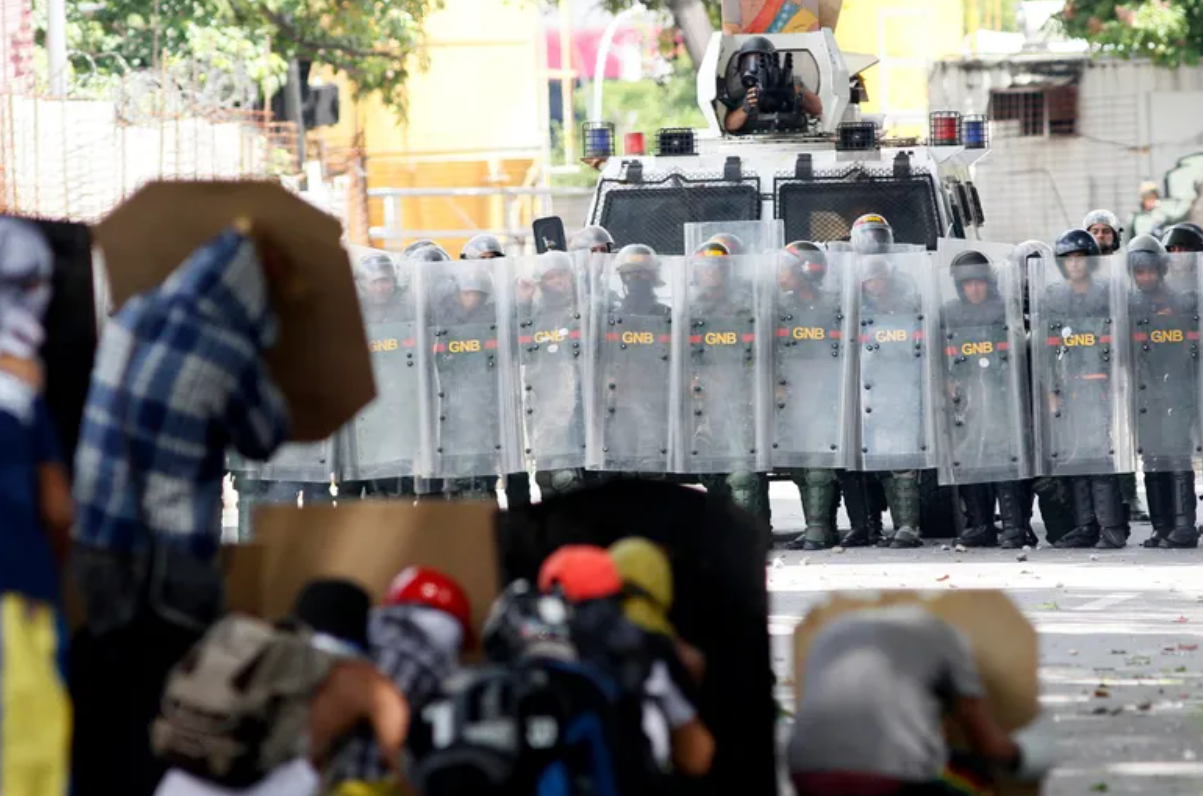
The Caribbean has become the focal point of a tense new standoff following a U.S. military airstrike against a suspected cartel ship, precipitating a swift reaction from Venezuela. What started as a precision counter-narcotics action has now become a high-stakes game of military one-upmanship in the sea and air.

The matter escalated earlier this week when U.S. troops bombed a vessel purportedly affiliated with the Venezuelan-based Tren de Aragua gang, a group newly designated as a foreign terrorist organization. The mission was a direct strike against what President Donald Trump characterized as “narcoterrorists,” destroying the vessel and killing eleven aboard.

Secretary of State Marco Rubio supported the operation, emphasizing that Washington intends to engage cartels destabilizing the region. He warned that the United States would unleash the full strength of its power against trafficking and violent groups.

Aerial Standoff at Sea
Tensions escalated again when two Venezuelan F-16s flew close enough to the USS Jason Dunham, a U.S. Navy destroyer patrolling international waters, to make it uncomfortable. The Pentagon labeled the move “provocative” and accused Caracas of attempting to disrupt legitimate counternarcotics operations. The destroyer did not fire but made it clear that American forces are ready to act if harassed again.

In the background, Washington has augmented its presence in the Caribbean with warships, surveillance planes, and Marines. Sources say a squadron of F-35s will be deployed to Puerto Rico in the near future to boost U.S. capabilities in the region.

Strategic Messaging and Escalation
To Washington, the message is clear: interference will not be accepted. The Trump administration has linked its anti-cartel crusade with its overall confrontation with Venezuelan President Nicolás Maduro, who has long been accused of presiding over narcotics trafficking networks. The U.S. dramatically increased the bounty on Maduro to $50 million, which reflects a readiness to increase pressure even further.

Political and Legal Fallout
The action has triggered concerns far beyond the military. By labeling such gangs as Tren de Aragua as terrorist organizations, the United States has also potentially opened the door to broader application of military power. Critics caution against grave legal and ethical consequences. Some legal experts contend that the sinking of the ship might be an extrajudicial killing, as Washington still hasn’t established that those aboard presented an imminent threat.

Venezuela’s Defiant Response
President Maduro has reacted in Caracas with incendiary oratory and mobilization decrees. He has asked the country’s militia to swell its ranks and ordered the Venezuelan Navy and drones to boost coastal patrols. Calling the deployment of the United States the greatest external threat in a century, Maduro promised to make the nation “a republic in arms” if attacked.

State television has highlighted photos of militia reservists and naval drills, framing the mobilization as a historic defense of sovereignty. Maduro has accused Washington of seeking regime change in the guise of counter-narcotics operations.

What’s at Stake
This standoff is about more than one drug boat. It symbolizes the U.S.’s increasing willingness to employ the military against drug cartels and Venezuela’s insistence on standing firm against outside pressure. With both sides having heavily armed troops in proximity to each other, the threat of miscalculation exists.

For the moment, the crisis is still a war of words and postures. But as U.S. troops deepen their presence and Venezuela doubles down on its own mobilization, the question is how long the standoff can remain contained before it boils over into something much more perilous.
